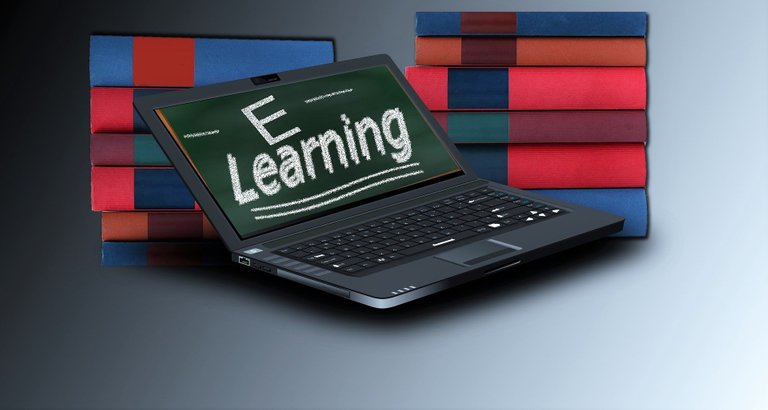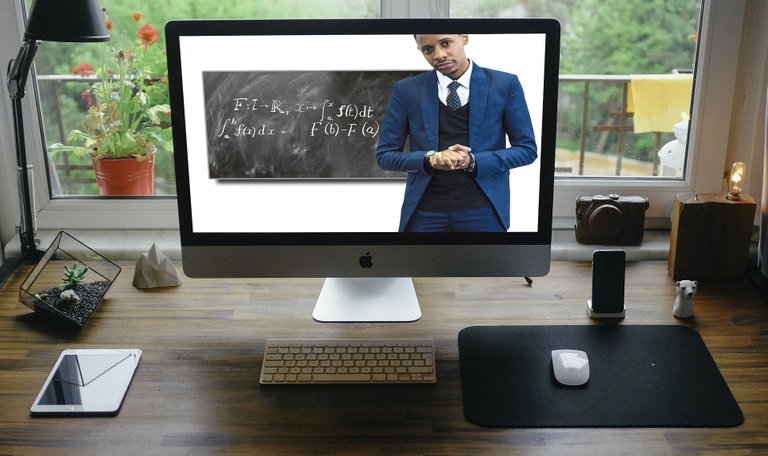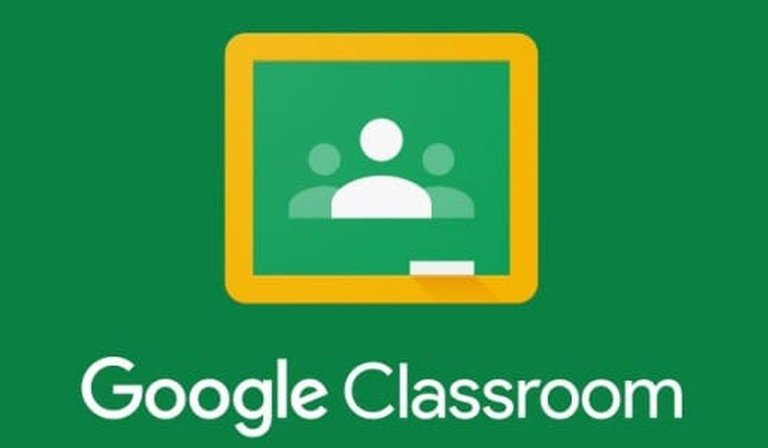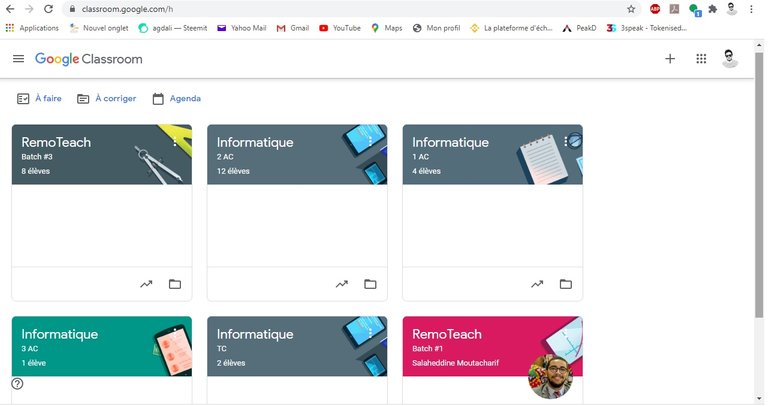
Just as the new Corona epidemic "Covid 19" overran the barriers of time and space, the calls for "distance learning" - which accompanied the spread of the virus - came to sweep over the barriers of space and time.
The overrun of my place made the absence of fixed spatial barriers an excuse to rise to different worlds through the vast Internet, and the overrun of my time possessed the tools to get rid of the routine of coming and going and crowding out others in search of speedy access to a space that was perhaps narrower than the spaciousness of minds could bear.
Under the heading "Education Disruption due to the New Coronavirus and Responding to It", a UNESCO report stated that "the spread of the virus has set a record for children and youth who have stopped going to school or university. As of March 12, 61 countries have been announced in Africa, Asia, Europe and the East." Central, North America and South America have closed schools and universities, or implemented the closure, as 39 countries closed schools throughout, affecting more than 421.4 million children and youth, and an additional 14 countries closed schools in some regions to prevent the spread of the virus or to contain it. If these countries resort to closing schools and universities nationwide, the education of more than 500 million other children and youth will be disrupted, according to the organization.
With all its audio-visual resources, illustrations, and animations, distance education has transformed from an “indoctrination” method to an “interactive” method accompanied by visual and audio effects that make the “static” educational process more attractive, and helps students to access content without stopping. At the thresholds of the smell of papers, which is what the Ministry of Education and Technical Education in Egypt rushed to, through the Egyptian Knowledge Bank, as a way to overcome the two-week suspension of studies.

UNESCO notes that the wealth of digital educational resources has made new demands on higher education systems and institutions, which include the development of innovative curricula, study programs, alternative educational paths and higher education methods, all of which can be facilitated via the Internet, distance education and short skills-based courses.
The organization has developed a set of programs that help with distance learning, including the (Black Board) application, which is an application that relies on designing courses, assignments, and tests and correcting them electronically, and communicating with students through a virtual environment and applications that are downloaded via smartphones.

As well as (Edmodo), a free social platform that provides teachers and students with a safe environment for communication and collaboration, and the exchange of educational content and digital applications, in addition to homework, grades and discussions. and the "Google Classroom" application, which facilitates communication between teachers and students, whether inside or outside the school, and some Egyptian colleges - including the Faculty of Pharmacy at Cairo University - have resorted to providing a subscription. (Free) for all its students as a means of distance learning, seeaw, a digital application that helps students document what they learn in school and share it with teachers, parents, classmates, and even the world, and Mindspark, which is based on an educational system. Online adaptive, helping students practice and learn math.

Congratulations @agdali! You have completed the following achievement on the Hive blockchain and have been rewarded with new badge(s) :
You can view your badges on your board And compare to others on the Ranking
If you no longer want to receive notifications, reply to this comment with the word
STOPTo support your work, I also upvoted your post!
Do not miss the last post from @hivebuzz: